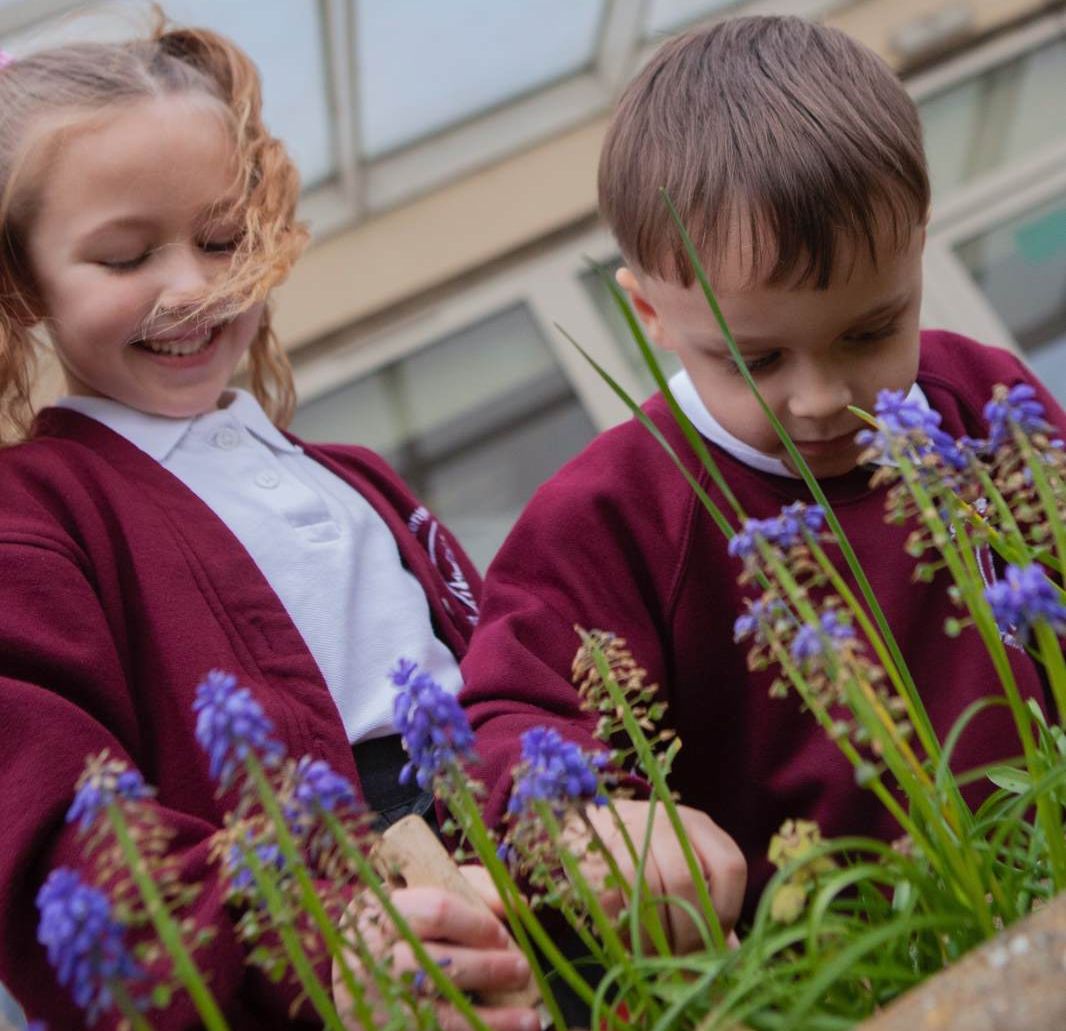 Are you looking for a school place for your child? Please do not hesitate to contact the school office to book a tour.
Are you looking for a school place for your child? Please do not hesitate to contact the school office to book a tour.
Welcome to Kenyngton Manor, part of The Howard Partnership Trust
As the Headteacher of the children at Kenyngton Manor Primary School, I am pleased to be able to welcome you to our school website. I hope that what is presented here provides you with an insight into what makes our school such a special community.
Kenyngton can boast of conscientious and kind pupils, a supportive parent community, and a highly committed and caring staff. I am proud to be the Headteacher here.
Whilst the website can give you a glimpse into our school community life, nothing can beat coming to take a look for yourself. If you would like to visit the school or speak to a member of staff, please do not hesitate to contact the school office on 01932 783778. We looking forward to welcoming you in person.
Mr. Lee Herdman, Headteacher



